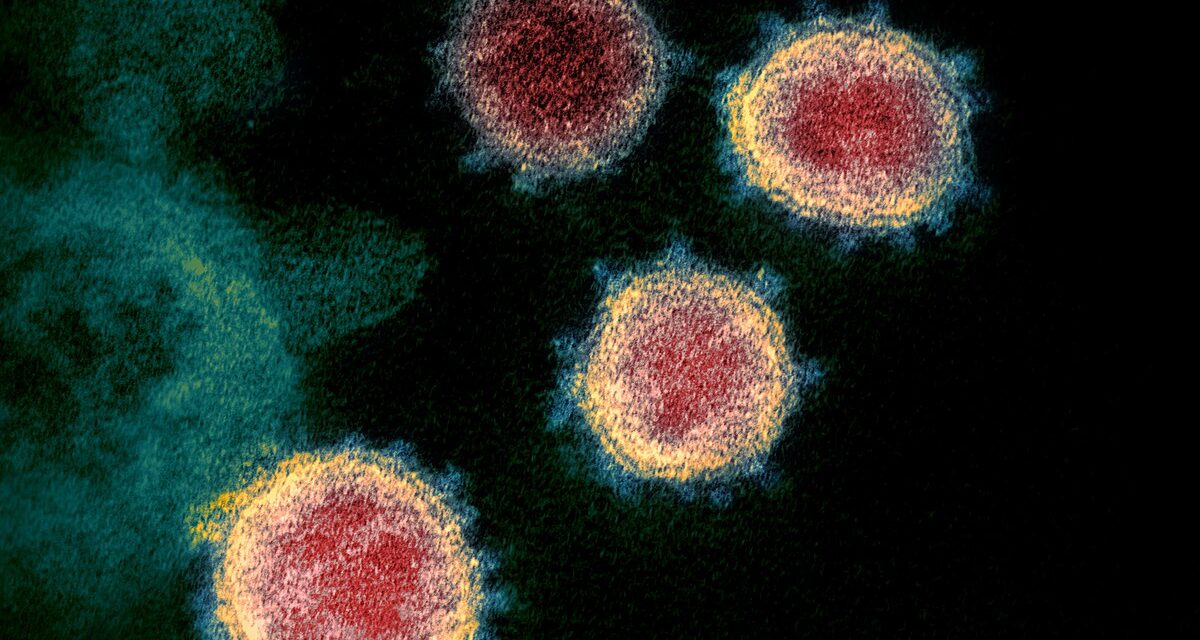Wrangell currently has one active case of COVID-19 in the community. As of today, the total case count for the State of Alaska is 29,543 cases. That’s an increase on 3,955 cases from last week. As of today, 651 people have required hospitalization. That includes 78 new hospitalizations over the last week. And as of today, 116 people have died. Eleven of those deaths have occurred in the last week. For more information, you can visit the COVID-19 data hub here. For local case information and resources, you can visit wrangellcovid19.org.
Community spread continues throughout the state. The State of Alaska is encouraging Alaskans to work from home as possible, to limit the number of places you visit during the week, to wear a mask when in the presence of others outside of your household, even when you are six feet apart, to delay unnecessary travel, stay home if you are sick, and keep washing your hands.
Masks continue to be available at public buildings around town. The library has masks and children’s and adult sizes, and can be reached by calling 874-3535. The Fire Hall has masks and can be reached at 874-3223. Local businesses are also carrying a variety of masks.
Community asymptomatic testing is available on Saturday from 11 a.m. to 3 p.m. at the SEARHC clinic parking lot. SEARHC will discontinue the free asymptomatic testing program consortium-wide on December 19, in response to the surge of positive cases within the state and the region. The change in protocols will allow facilities to preserve testing supplies and increase the turnaround time for test results. Current turnaround time has improved, and results are being returned within two to five days.
Participating in or just listening to the extension for community health care outcomes, also known as Project ECHO video conferences, are a great way to connect with Alaska’s COVID-19 experts and have your questions answered. ECHOes are being offered by the Department of Health and Social Services, the Alaska Department of Education and Early Development and Project ECHO through the UA Center for Human Development. These calls cover a range of focus areas including faith communities, local government, schools, COVID, science, and vaccines. For more info, see akECHO.org.
The way we choose to celebrate Thanksgiving this year can make a difference. Traditional Thanksgiving gatherings with family and friends greatly increases the chance of spreading COVID-19. In Alaska and around the nation, small household gatherings are directly contributing to the increase in cases. The safest way to celebrate Thanksgiving this year is to celebrate only with people in your household, and find creative ways to connect and celebrate with people outside of your household, such as preparing dishes to deliver to family and neighbors, connecting virtually with family and friends, or taking a walk with family and friends while keeping a safe distance. Have a safe and happy Thanksgiving.












